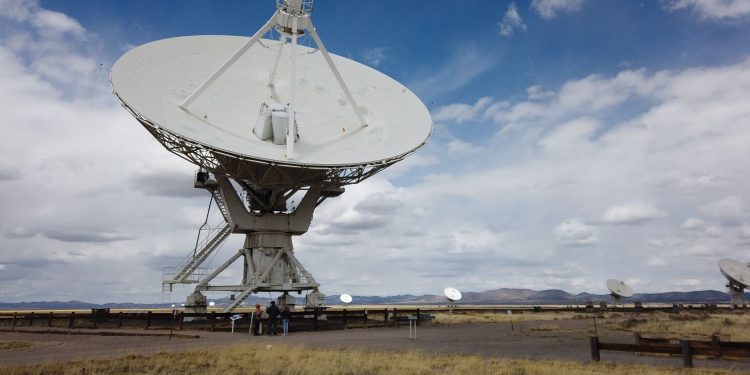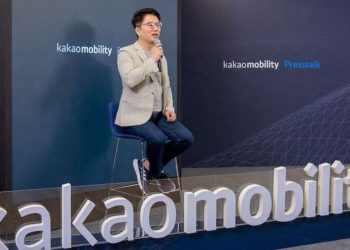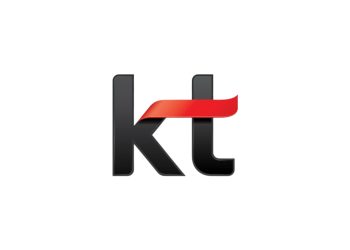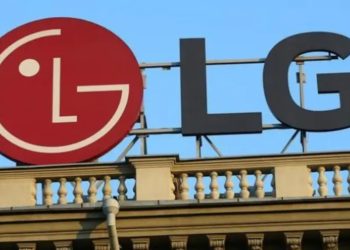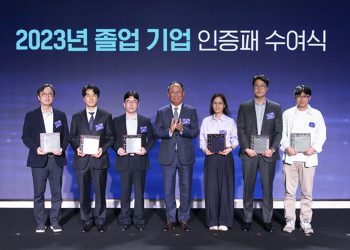LG Group is making a strategic move into South Korea’s growing space sector, aiming to become a leading private player in the country’s “New Space” movement. The conglomerate plans to take part in the fourth and fifth launches of the Nuri rocket, with liftoffs expected later this year and in 2026. This effort marks the beginning of LG’s broader ambitions in aerospace, including a long-term vision of contributing to a lunar landing mission by 2032.
The announcement followed a roundtable meeting held at LG Science Park in western Seoul, where LG executives met with officials from the Korea Aerospace Administration (KASA). The discussion focused on strengthening private sector involvement in national space initiatives. Key representatives from LG affiliates, such as LG Electronics, LG Energy Solution, and LG Innotek, joined the talks, signaling a coordinated push by the group into the aerospace industry.
The roundtable brought together top technology leaders from across LG’s major affiliates, including LG Energy Solution CTO Kim Je-young, LG Innotek CTO Noh Seung-won, and Je Yeong-ho, who leads the C&M Standard Lab at LG Electronics. Chung Sue-hyun, Chairman of the LG Group Technology Council, also took part in the discussions. Representing the government, KASA Administrator Yoon Young-bin and Deputy Administrator John Lee were joined by experts from the Unmanned Exploration Laboratory (UEL), LG’s collaborator on lunar rover projects.
The meeting focused on LG’s potential role in South Korea’s evolving space ecosystem, particularly the private-led “New Space” initiative. LG is currently evaluating its involvement in the upcoming Nuri rocket missions, with the fourth launch planned for November and the fifth in 2026. While the company has not yet disclosed specific technical contributions, officials noted that detailed plans are under review.
LG also showcased its previous contributions to aerospace, most notably through LG Energy Solution’s collaboration with NASA. In 2016, the company supplied lithium-ion batteries for spacesuits used in deep space missions.
These batteries power life-support systems such as oxygen supply, communication devices, and radiation sensors. They passed NASA’s safety and performance evaluations, reinforcing LG’s credibility in the manufacturing of space-grade components.
In addition to large-scale missions, LG is actively collaborating with startups to advance space technology. The group recently partnered with UEL to test a lunar rover at a simulated moon surface in Yeoncheon, Gyeonggi Province. The rover, built with radiation-resistant alloys and equipped with LG Innotek camera modules, is designed to operate in harsh lunar conditions. The partners aim to land the rover on the moon by 2032.
LG’s growing focus on the space sector reflects its broader strategy to diversify revenue streams amid a maturing consumer electronics market. The global space economy is projected to nearly double from $590 billion in 2030 to $1.1 trillion by 2040, according to Morgan Stanley. LG officials described their current involvement as exploratory, with plans to monitor the industry closely and assess viable business models in the years ahead.
LG Group’s recent space push aligns with Chairman Koo Kwang-mo’s broader vision for long-term growth. During a visit to LG Electronics’ Jakarta office earlier this month, Koo emphasized the importance of planning for the future, urging teams to focus not just on immediate competition but on building unique capabilities that will sustain the company over the next five years.

